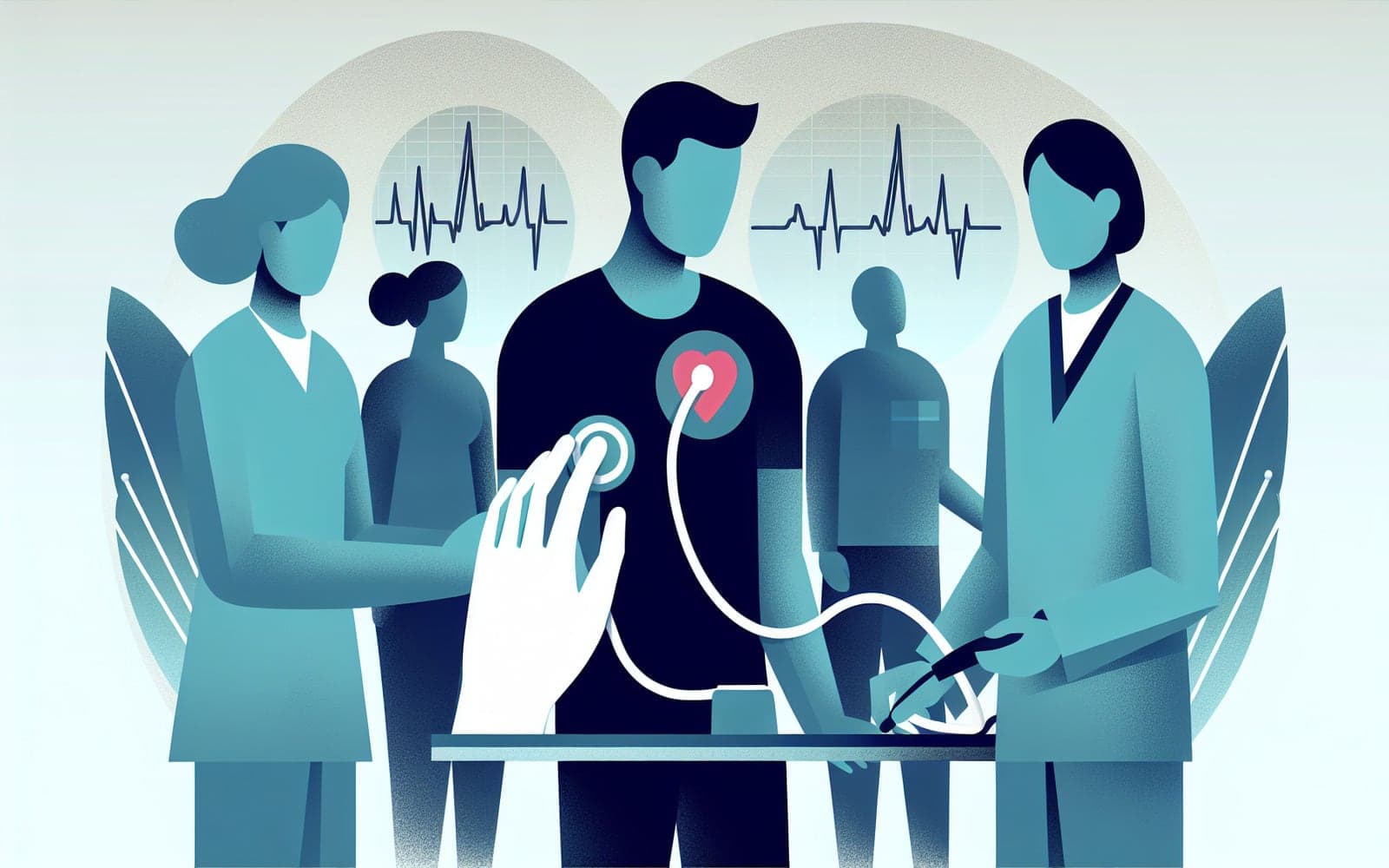How Are Heart Arrhythmias Treated?
How Are Heart Arrhythmias Treated?
Why It Matters
When your heart's rhythm is out of tune, it might need a little help to get back in sync. Here's how arrhythmias are treated.
Contents
- Medication Management
- Device-Based Therapies
- Lifestyle and Preventive Measures
Medication Management
Antiarrhythmic drugs are often prescribed to help control heart rhythm. These medications can prevent future arrhythmias or reduce symptoms but may also have side effects. It's crucial to work with a specialist who understands these drugs to safely manage their use.
Device-Based Therapies
For some patients, devices like pacemakers or implantable cardioverter-defibrillators (ICDs) are necessary. These devices help regulate the heart's rhythm and can provide life-saving shocks if a dangerous arrhythmia occurs. Device therapy is typically managed by a cardiologist or electrophysiologist.

Lifestyle and Preventive Measures
Lifestyle changes can also play a significant role in managing arrhythmias. Reducing stress, avoiding stimulants like caffeine, and maintaining a heart-healthy diet can be effective strategies. These measures are an essential part of a comprehensive treatment plan.
FAQs
What medications are used for arrhythmias?
Antiarrhythmic drugs are used to manage and prevent arrhythmias.
How do pacemakers help?
Pacemakers help regulate the heart's rhythm and prevent dangerous arrhythmias.
Can lifestyle changes manage arrhythmias?
Yes, lifestyle changes like reducing stress and a healthy diet can help manage arrhythmias.
Wrapping Up
Treating arrhythmias involves a mix of medication, devices, and lifestyle adjustments tailored to each individual.
Additional References
- Shen WK, Sheldon RS, Benditt DG, et al. 2017 ACC/AHA/HRS Guideline for the Evaluation and Management of Patients With Syncope.
- Zimetbaum PJ, Josephson ME. The evolving role of ambulatory arrhythmia monitoring in general clinical practice.
This article has been reviewed for accuracy by one of the licensed medical doctors working for Doctronic.











